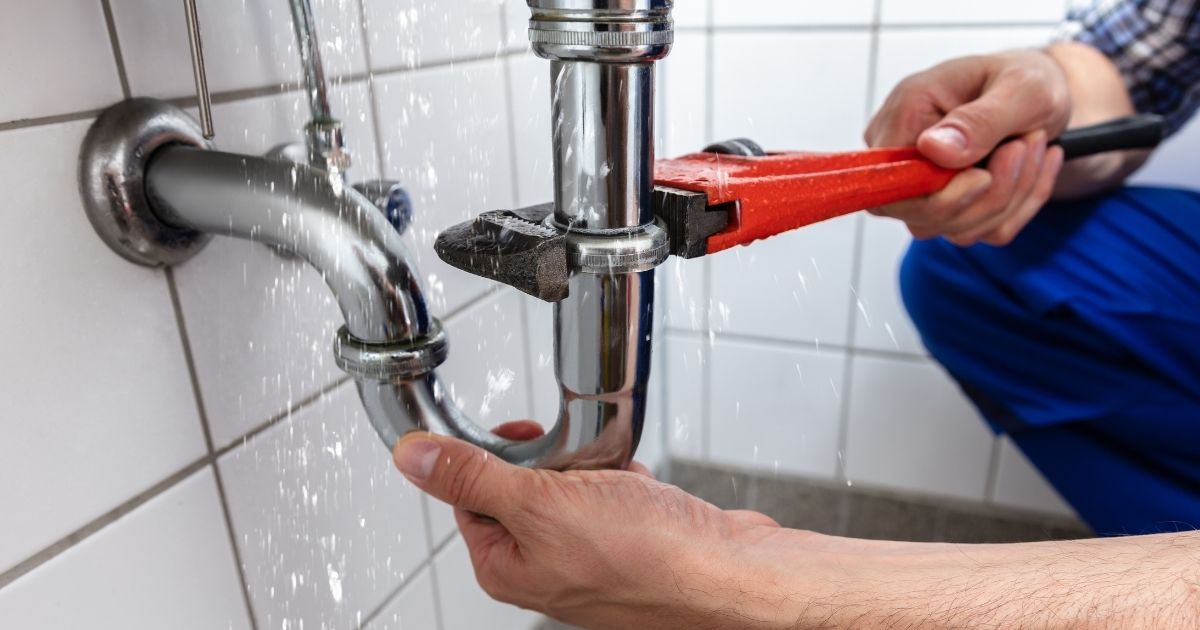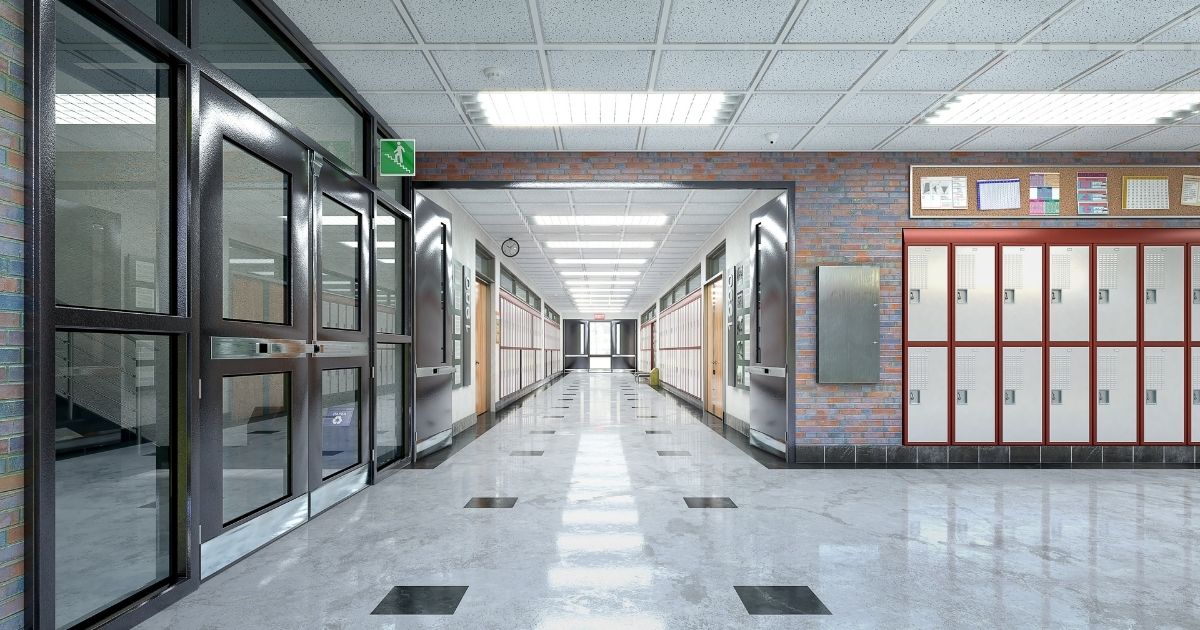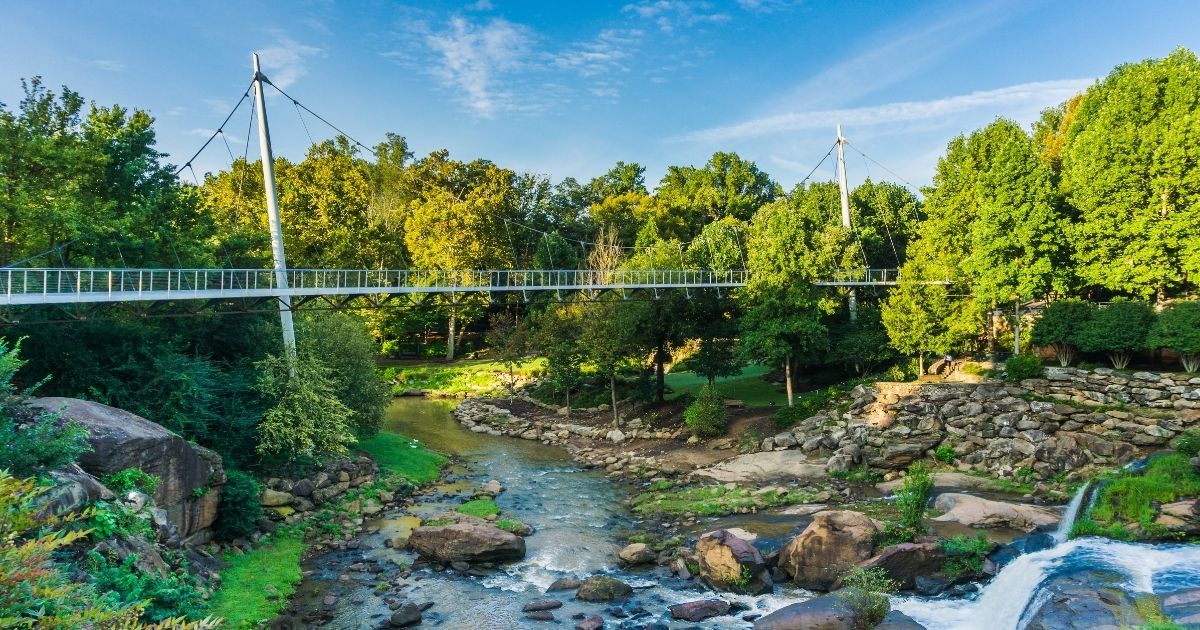Starting yourself off in a new home can be both exciting and overwhelming. As enjoyable as it is to be a homeowner, it comes with a lot of extra responsibilities. One of these responsibilities is taking care of the plumbing, an integral part of your home’s function. If you never worried about this before, owning a home will make you care about it quickly. Here’s what new homeowners should know about their plumbing to prevent any disasters.
What You Shouldn’t Put Down the Drain
You can’t shove everything you want down the drain and expect your pipes to be able to handle it all. Knowing what you should or shouldn’t put down the drain is just the first step to ensuring that your pipes last a long time. Here are some things you should keep out of your drains and especially your garbage disposal:
- Coffee grounds
- Eggshells
- Fats and oils
- Vegetable peelings
- Rice and pasta
Locate and Understand Your Shut-Off Valve
One of the things new homeowners need to know about their plumbing is where their water main shut-off valve is. Every home has a shut-off valve, though they can be in a variety of places. Many homes have them in the basement or near the water heater. Knowing where this is and how to use it can save you a lot of trouble if something goes wrong with your plumbing. It will stop water from getting to your home and allow you to appliances on things like toilets and dishwashers.
Get Your Sewer Line Inspected Regularly
A healthy plumbing system in your home means getting regular inspections of your sewer line. No matter how careful you might be about what goes down your drains, sediment can still build up over time and can cause serious problems in the future. You can clean your sewer line yourself, but it’s quite the hassle, and you could damage your line if you don’t know how to go about it safely. Calling in a professional plumber for an inspection and cleaning will be your best bet.
Protect Pipes From Temperature Changes
Pipes that snake throughout your home, especially ones that also lead outside, are susceptible to changes in temperature. Cold temperatures can cause the water inside of them to freeze and eventually burst the pipe itself. Hot temperatures can cause the pipes to expand unevenly, which could cause leaks. Insulating your pipes correctly and draining the water out of them before the cold arrives is the best way to protect them against temperature changes.










